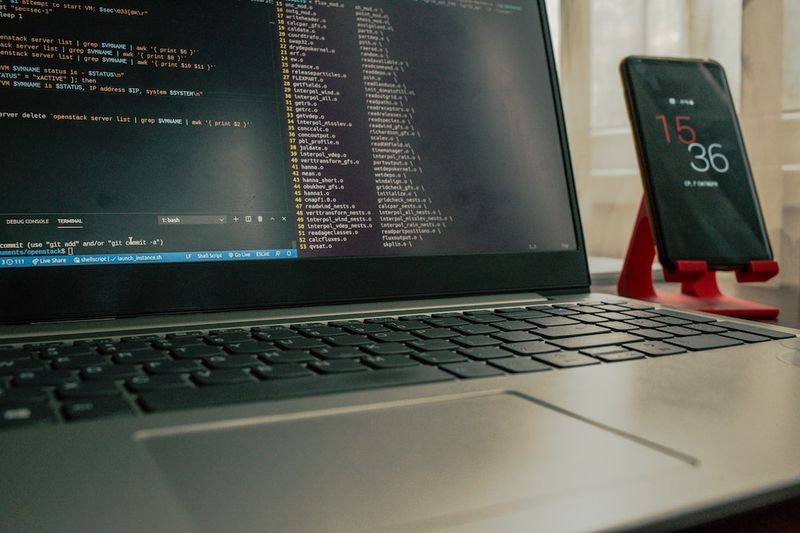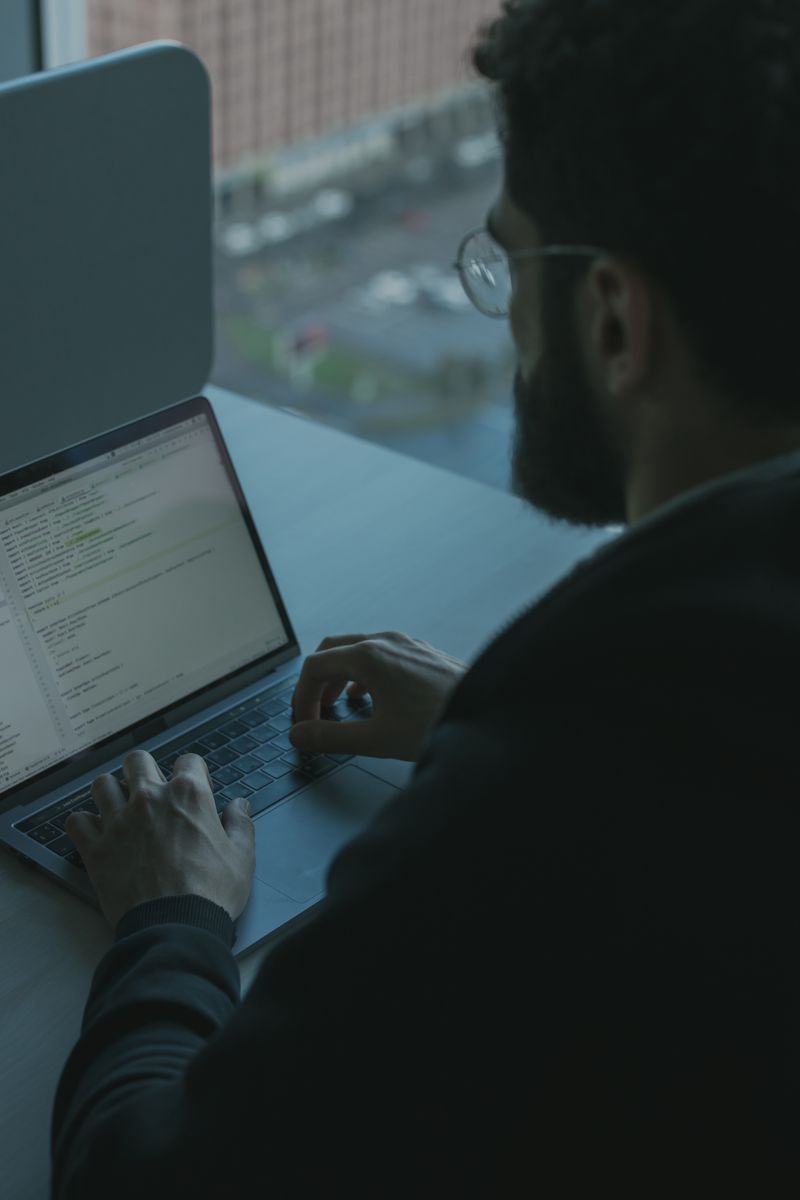Ransomware Gang Takes Credit for Disruptive MGM Resorts Cyberattack
Summary
A known ransomware gang, ALPHV (aka BlackCat), has claimed responsibility for a cyberattack on MGM Resorts, causing significant disruptions to the hospitality and entertainment company. The attack, which came to light on September 10, impacted MGM’s website, casinos, and systems used for email, restaurant reservations, hotel bookings, and digital hotel room keys. It is unclear how long the hackers had access to MGM’s systems, but they reportedly gained initial access using social engineering techniques.
The Rise of Ransomware Attacks
Ransomware attacks have become a growing concern for organizations across various industries in recent years. These attacks involve hackers encrypting important files and demanding a ransom in exchange for restoring access. In addition to holding systems hostage, ransomware gangs often steal valuable information from compromised networks to put additional pressure on the victims to pay up. These attacks can lead to massive financial losses, reputational damage, and legal consequences for companies that fall victim to them.
The ALPHV Ransomware Group
The ALPHV group, also known as BlackCat, is a well-known ransomware gang that specializes in conducting attacks on high-profile targets. In this case, they targeted MGM Resorts, a hospitality and entertainment giant valued at $33.9 billion. The group claimed that they gained access to MGM’s systems through a simple social engineering technique involving a phone call to the company’s help desk. This highlights the importance of employee education and awareness in preventing cyberattacks.
The Impact on MGM Resorts
The cyberattack on MGM Resorts caused significant disruptions to the company’s operations. The attack affected various systems, including the company’s website, casinos, and systems used for email, restaurant reservations, hotel bookings, and digital hotel room keys. These disruptions not only inconvenience customers but also lead to financial losses for MGM Resorts. The incident has raised concerns about the company’s cybersecurity measures and may have a negative impact on its credit rating.
The Role of Scattered Spider
According to sources, the cyberattack on MGM Resorts was carried out by a threat group known as Scattered Spider, which is an affiliate of the ALPHV ransomware gang. Scattered Spider has a history of targeting mobile carriers, cryptocurrency firms, and other organizations with SMS-based phishing messages. The group has also been linked to a cyberattack on casino giant Caesars Entertainment, which reportedly paid tens of millions of dollars to the hackers. This highlights the lucrative nature of ransomware attacks and the significant financial gains for cybercriminals.
The Response and Consequences
MGM Resorts has yet to fully restore the impacted systems, and the incident may have a material impact on the company, as indicated by the 8-K form filed with the US Securities and Exchange Commission (SEC). The breach has also had an impact on MGM’s share price. This cyberattack comes after BetMGM, an online sports betting company owned by MGM Resorts, suffered a data breach last year, further highlighting the need for improved cybersecurity measures within the organization.
Editorial and Advice
This cyberattack on MGM Resorts serves as a reminder of the ongoing threat posed by ransomware groups and the need for organizations to prioritize cybersecurity. As cybercriminals continue to evolve their tactics, it is crucial for companies to invest in robust security measures and stay vigilant against social engineering techniques. Employee education and awareness programs should be implemented to ensure that individuals are equipped to identify and report potential phishing attempts.
Furthermore, organizations should regularly update their security systems and backup important data to protect against attacks. It is also recommended to have a comprehensive incident response plan in place to minimize the impact of a cyberattack and enable swift recovery. Collaboration with law enforcement agencies and cybersecurity researchers is essential in combating ransomware gangs and holding them accountable for their actions.
As ransomware attacks become more sophisticated and prevalent, governments and international organizations should also play a role in promoting cybersecurity and establishing regulations that hold cybercriminals accountable. This includes international cooperation to track and apprehend the individuals behind these attacks and imposing sanctions on countries that harbor cybercriminals.
Cybersecurity should be treated as a national security issue, and governments should invest in improving their cyber defenses, intelligence sharing, and cooperation with the private sector. Additionally, organizations should consider cyber insurance to mitigate the financial risks associated with a potential cyberattack.
In conclusion, the cyberattack on MGM Resorts underscores the urgent need for organizations to prioritize cybersecurity measures and stay prepared for evolving threats. The collaboration between private companies, law enforcement agencies, and governments is crucial in combating ransomware gangs and ensuring the safety and security of individuals and businesses in the digital age.

<< photo by cottonbro studio >>
The image is for illustrative purposes only and does not depict the actual situation.
You might want to read !
- The Dangers of Zero-Click Spyware: Russian Journalist Falls Victim to NSO Group’s Attack
- The Urgency of Regulation: Tech Titans Unite to Back AI Oversight
- Claroty Revolutionizes Cyber-Physical Risk Reduction with New Vulnerability & Risk Management Capabilities
- The Urgent Call for Stringent Federal Mandates on Medical-Device Cybersecurity
- Kubernetes Admins Urged to Act Quickly and Secure Clusters Against Rising RCE Vulnerabilities
- Unmasking the Threats: Unraveling the XSS Vulnerabilities in Microsoft Azure HDInsight
- Navigating the Complex Landscape: Safeguarding Rail Cybersecurity
- Ransomware Attack on MGM Resorts Disrupts Las Vegas Strip Activities
- Major Cyberattack on MGM Resorts Disrupts Las Vegas Strip Activities
- MGM Resorts Faces Major Cybersecurity Breach: A Closer Look at the Fallout
- Navigating the Depths of Online Security: NordVPN Unveils Sonar to Combat Phishing Attacks
- Addressing the Cyber Alert Gap: Recommendations for Corporate Boards
- Airbus Launches Probe into Cybersecurity Breach After Data Leak
- The Hidden Menace: Python Malware Wreaks Havoc on Millions of Facebook Business Accounts
- The Evolution of Cyber Threats: Next-Gen Attacks Borrow APT Strategies
- Failing LockBit Ransomware Gives Birth to the ‘3AM’ Attack: A New Menace on the Rise
- Navigating the Cloud Security Maze: A Guide to Protecting Your Data in the Digital Age
- Counteracting the Resurgence: 3 Defenses Against Infostealer Attacks
- The Rise of Non-Employee Risk Management: Protecting Against Third-Party Threats




